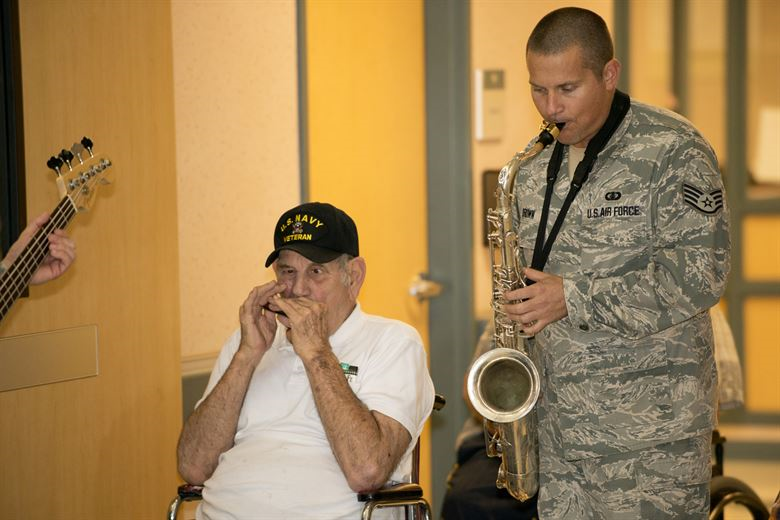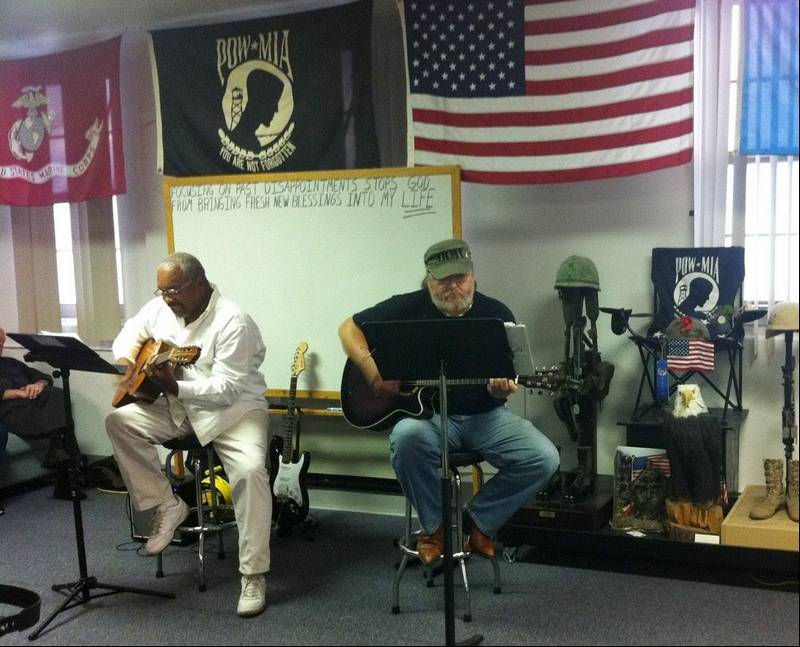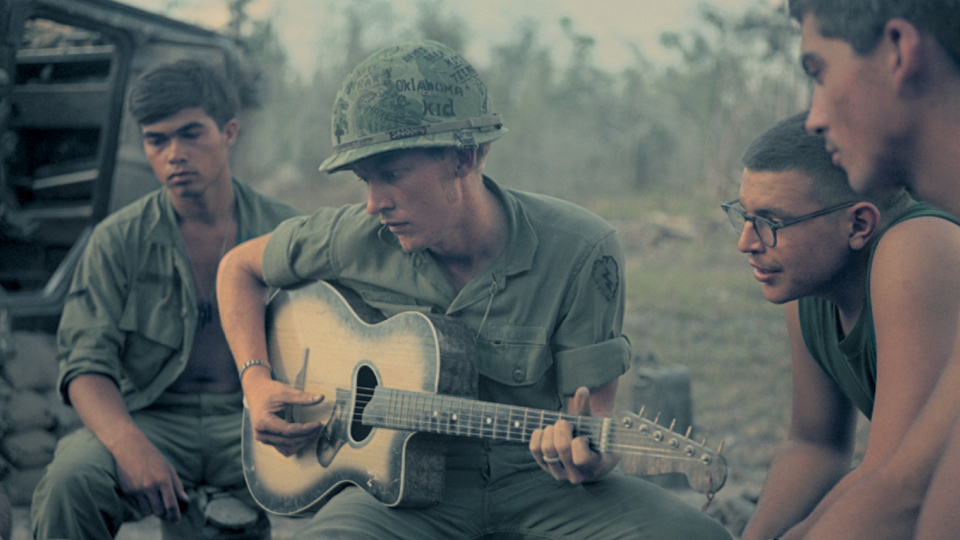Music Bonds Veterans Across Generations: The Essential Role of Music in the Military
Posted by Nov 08, 2019

CW2 Jonathan L. Crane
Since the beginning of military conflict, music has played an essential role. Humans have been using their voices and creating instruments to produce sound for at least 10,000 years. It was inevitable that our need to create organized sound would extend to war. Before the advent of electronic communication, drums, fifes, and bugles were used to give commands in training and in battle. Along with this functional use of music, traditional songs were carried into the military for comfort and camaraderie. Shared song was a distractor on long marches, a way to bind Soldiers from different backgrounds, and a source of motivation to fight the enemy. Those shared musical experiences provide context and meaning that is vital to psychological and emotional recovery after war.

When I started to learn about jazz music in high school, one of the songs we learned was Glenn Miller’s “In the Mood.” At the time it was just another piece of music and sounded kind of “old-fashioned” to me. After joining the Army, I learned of Major Miller’s famous Army Air Corps Band, and how he contributed to the war effort. I have had the privilege to speak to many members of the Greatest Generation, who always have great stories to tell. They often told me how much that music brought back the best memories of their time in the service. Current neuroscience research has demonstrated that music can pair with certain memories and make them more vivid, especially when they are autobiographical. These memories often persist even in people with dementia and Alzheimer’s disease.

Rock and roll was the music of the Vietnam war, both for protestors and service members. The 1960s was a pivotal time for the development of popular music in the Western world. Social groups were built around common love for particular artists and types of music. As Veterans of this era define their contribution to service, music helps them frame their individual stories. In February 2018, The United States Army Band performed ”Debt of Gratitude.” This concert honored Vietnam Veterans, including Jack Dell’Omo, who recounted: “Five minutes out of a very busy day, sometimes a dangerous day, you could go back, and you could listen to Otis Redding playing ‘Dock of the Bay,’ and that was home, and it would bring your family back.” Jack’s son, who is a member of the Army Band, recognizes how music got his dad through the tough times, and now brings them closer together as a military family.

Colonel John Burpo, who is currently Head of the Chemistry and Life Sciences department at the United States Military Academy, has played guitar throughout his military career. While serving in Italy he formed a rock band and continued playing during a 15-month deployment to Iraq in 2008-2009. Playing music was his stress relief, allowing him to reset mentally from the challenging environment. Recently, Cadets at the Academy performed for an audience of their peers, faculty, and families with Colonel Burpo. Ten years after his deployment, Colonel Burpo connected with future leaders in a unique way. This type of social bonding through music is an essential factor to instilling the character required to be a leader in today’s complex world.
For Aaron Skiles, music was always part of his life, but really took hold during his time as a Cadet at West Point. There he played in a rock band with his fellow classmates and recorded original songs with the help of the West Point Band’s audio engineer. After commissioning, he reported to Fort Lewis in Washington State. The year was 1997, the peak of the grunge music era, and he instantly connected to the community. Aaron currently fronts the band Bourbon Therapy with his wife. He has used his music to bring awareness and support to Veterans with depression and PTSD through the Mission 22 foundation. Music is the bridge that keeps Aaron connected to his service and the community that surrounds him.
Shared musical experiences are an amazing way that Veterans stay connected to each other and their service. This bonding force helps them tell their story to the public at large so the public truly understands the sacrifices they made, which can help to bring us all together as a nation.





